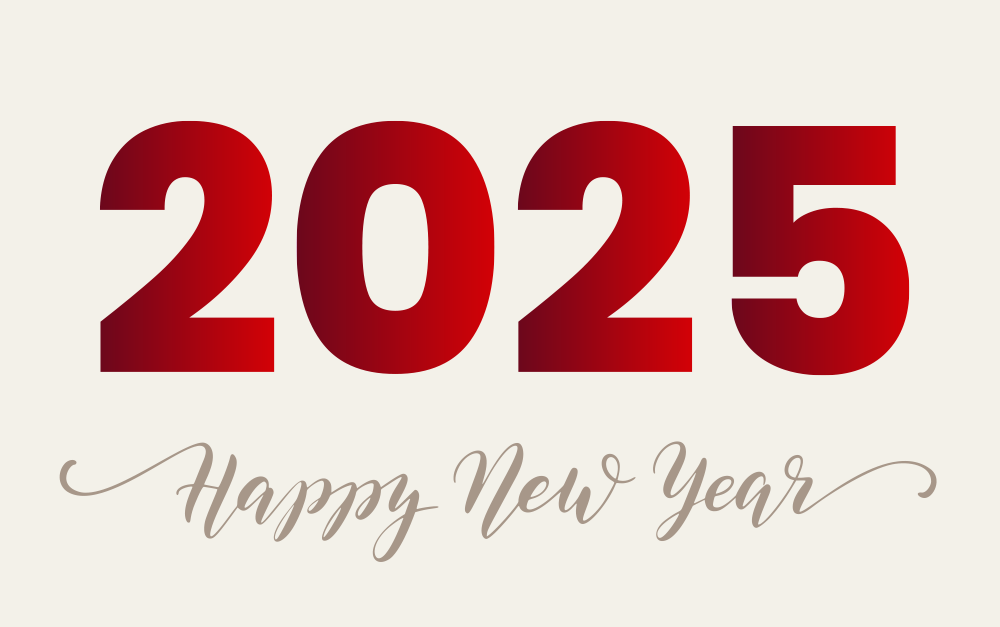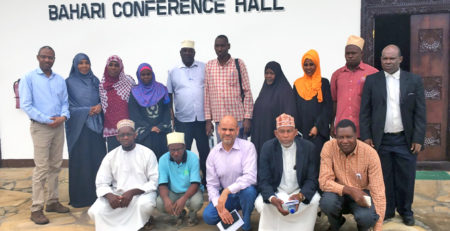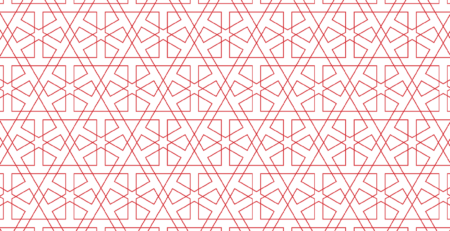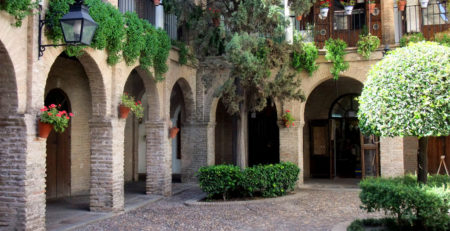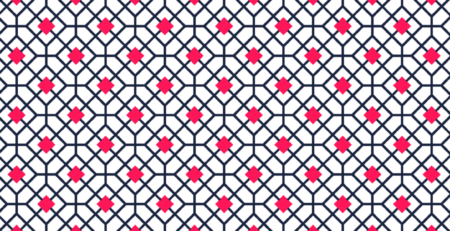The Cordoba Update, January 2025
cpi@geneva2025-01-24T01:46:14+00:00

Dear Reader,
As a new year begins, we wish you much happiness and fulfilment in the months ahead.
With so much violence in the past year, it can be difficult to remain optimistic about chances for peace and justice.
However, the rapid fall of the Asad regime in Syria in late 2024, after years of brutal oppression, gives hope that local actors can effect positive change.
There is now a need for disinterested support and understanding from the international community to help these actors establish good governance for all sectors of society.
The importance of deep and nuanced understanding of local contexts and actors cannot be over-emphasised.
CPI continues to contribute towards such understanding, which guides its interventions and projects. The two articles included in this edition, both of which touch on the Syrian context, show the relevance of such efforts, even – indeed especially – when ongoing conflicts fade from the headlines.
We hope that 2025 will bring efforts towards greater understanding of all those actors implicated in and affected by conflict, and increased empathy that will lead to openings for dialogue and peace.
The CPI-Geneva Team
News of the Institute
1/ Workshops & Trainings
Promoting social cohesion in Nigeria:
The project “Promoting Social Cohesion and the Dissemination of Constructive Alternative Narratives in Northern Nigeria”, funded by the Swiss Federal Department of Foreign Affairs (FDFA) and implemented in collaboration with our partner, Dar-el-Andalus Centre (DAAC) in Nigeria, concluded successfully in May 2024. Building on this achievement, we are delighted to announce that DAAC, with CPI’s support, has secured new funding from the FDFA for an 18-month project titled “Path to Peace”, which commenced on 1 June 2024. This initiative strengthens the longstanding collaboration between CPI and DAAC to foster peace, reconciliation, and reintegration in Northeast Nigeria. The “Path to Peace” project focuses on :
(1) Enhancing the capacity of Islamic scholars and community leaders, including women, by deepening their understanding and application of Islamic principles in peacebuilding and conflict resolution by the dissemination of Constructive Alternative Narratives, and
(2) Supporting the reintegration of former armed group members through Islamic-based education, mentorship, and safe, mediated dialogues promoting forgiveness, emotional well-being, and mutual understanding with communities. CPI will maintain an advisory role, offering technical and methodological guidance throughout the project.
Fiqhi Pathways:
From 14 to 18 July 2024, CPI contributed to a follow-up workshop in Mogadishu on the process design of the UNDP-supported project “Islaamku wa Nabad: A Peacebuilding Approach to Address Violent Extremism in Somalia”. The workshop brought together key members of the Network of Islamic Scholars from across Somalia to clarify their roles, share lessons learned from their work and expand the scope of the network. CPI provided input to the network on “Hisba: Monitoring and Oversight of Governance Processes”.
Shaping the actions of armed groups and their ability to craft practical solutions to conflict
CPI and the Centre for Security Studies (CSS/ETH Zurich) convened a peer review workshop as part of the research project “Engaging Across Religious Difference: Evidence-Based Research on Islamic Jurists Shaping the Actions of Armed Groups and their Ability to Craft Practical Solutions to Conflict”, supported by the Templeton Religion Trust (TRT) and the Swiss FDFA. The workshop, held in Zanzibar, Tanzania, on 15 and 16 September 2024, brought together the researchers, mentors, advisors and peer reviewers involved in the various case studies.
Building Bridges
CPI is pleased to announce the launch of the project “Building Bridges: Preventing and Mitigating Interreligious Violence and Promoting Peaceful Coexistence in the Middle Belt of Nigeria.” This 18-month initiative funded by the European Union will focus on the Middle Belt region, specifically the states of Plateau, Benue, and Nasarawa. In collaboration with our long-standing implementing partners in Nigeria, DIWA and DAAC, the project aims to prevent and address interreligious tensions while fostering peaceful coexistence among individuals with diverse worldviews. The specific objective is to empower religious leaders, community gatekeepers, women, and youth from both Christian and Muslim communities to build trust and mutual understanding, reduce interfaith tensions, and promote social cohesion. These goals will be achieved through collaborative, community-driven initiatives that lay the foundation for sustainable peace in the region.
2/ Publications
– Meg-Ann Lenoble. Towards Reconciliation: Cross-Perspective Views on Positive Reconciliation in Northeast Nigeria: Round Table Report. Cordoba Workshops Reports. Cordoba Peace Institute – Geneva. July 2024.
– Reine Radwan. Navigating Complexity: Approaches to Repatriation and Reintegration of Foreign Fighters from ISIS-Controlled Territory. Meg-Ann Lenoble (ed.) Cordoba Research Papers. Cordoba Peace Institute – Geneva. September 2024.
– Lakhdar Ghettas. Fiqhi Pathways: The Role of Islamic Jurists in Shaping Armed Group Behavior. Cordoba Research Papers. Cordoba Peace Institute – Geneva. December 2024.
3/ External Events
– In the week 9–13 September 2024, CPI contributed to the “Religion and Mediation Course 2024: Horn and East Coast of Africa”, organised in Zanzibar by the Center for Security Studies ETH-Zurich and the Swiss Federal Department of Foreign Affairs, in collaboration with the Network for Religious and Traditional Peacemakers and the Ministry for Foreign Affairs of Finland.
– On 7 November 2024, CPI attended the presentation of the “ICRC’s Global Mapping of Armed Groups 2024” organised by the International Committee of the Red Cross. The ICRC has been conducting an annual survey of armed groups of humanitarian concern for several years in order to identify behavioural trends and improve its engagement.
– CPI was invited by the Network of Traditional and Religious Peacemakers (NRTP) to facilitate the online Sahel meeting held on 14 November 2024. The meeting aimed to provide a platform for informal discussions and updates on several key topics, including the outcomes of the Dakar consultative workshop held in May 2024 and the current context in the region. Participants also received an update on the situation within the Sahel Alliance countries and engaged in discussions about potential forms of future collaboration within the working group. During the meeting, positive feedback from the Finnish Ministry of Foreign Affairs was shared, highlighting the development of a project proposal for 2025. This proposal focuses on capacity building and supporting local peacebuilding efforts in the Sahel region. The group was invited to contribute their recommendations to shape the proposal.
Articles
 |
Fiqhi Pathways: The Role of Islamic Jurists in Shaping Armed Group Behaviorby Lakhdar Ghettas
|
 |
Navigating Complexity: Approaches to the Repatriation and Reintegration of Foreign-Fighters from ISIS-Controlled Territoryby Reine Radwan
|






